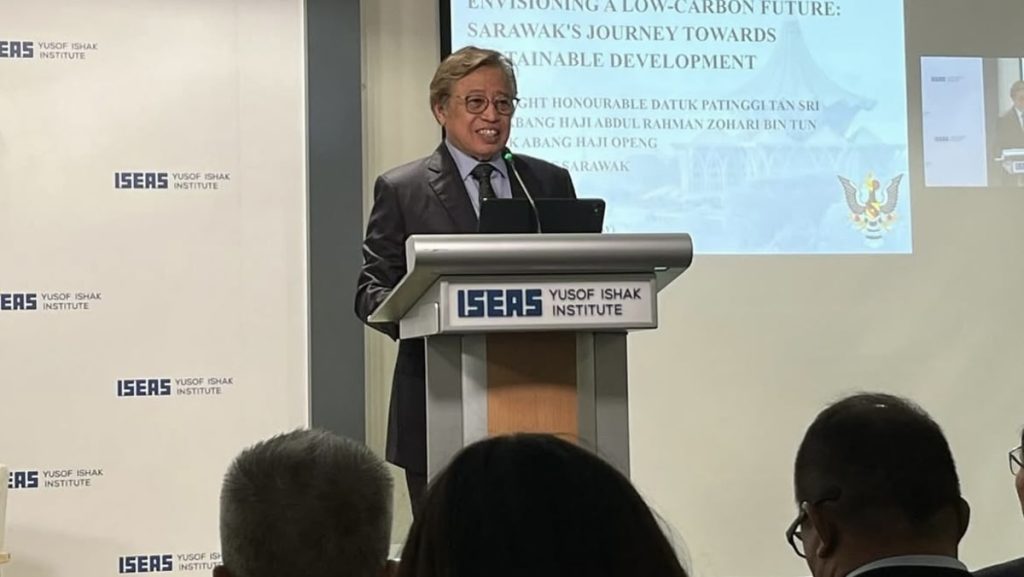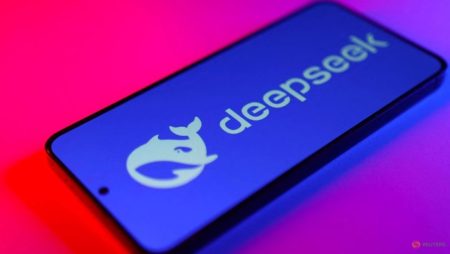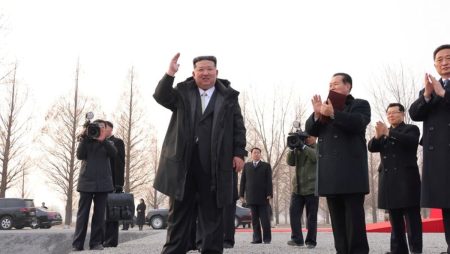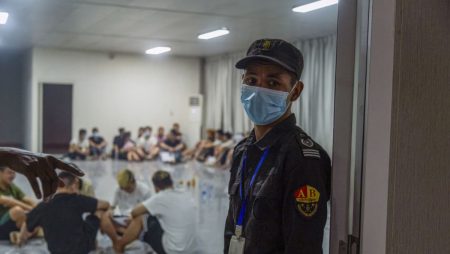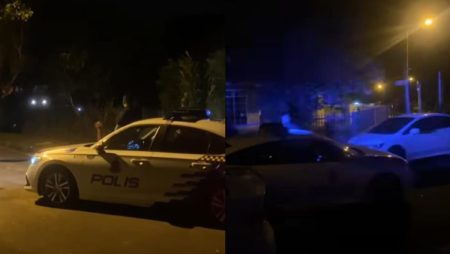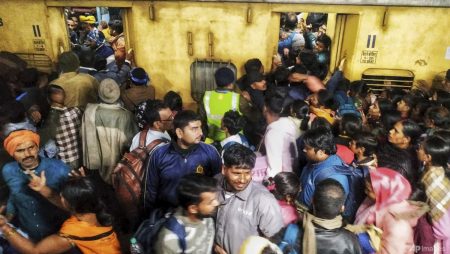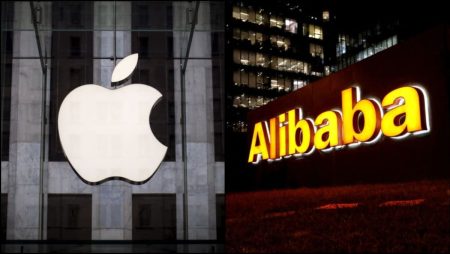Introduction
The debate over the control of oil and gas resources in Sarawak, a state in Malaysia, has recently gained significant attention. Sarawak’s Premier, Abang Johari Openg, has emphasized the state’s authority to make decisions regarding the distribution of these resources within its territory. This statement comes at a time when the Malaysian government reiterated that Petronas, the national oil corporation, remains the sole entity responsible for the country’s oil and gas reserves, including those in Sarawak. This situation has sparked a discussion about the balance of power between the state and federal governments in managing natural resources.
The Assertion of Sarawak’s Authority
Premier Abang Johari Openg has made it clear that Sarawak asserts its right to have a say in the distribution of oil and gas within its borders. While acknowledging the federal government’s Petroleum Development Act (PDA) 1974, which grants Petronas exclusive control over the exploration and distribution of oil and gas resources nationwide, Sarawak is determined to play a more active role in managing its natural resources. This stance is reflected in the establishment of Petroleum Sarawak Berhad (Petros), a state-owned company that aims to collaborate with Petronas to ensure Sarawak’s interests are represented.
The Role of Petros and Collaboration with Petronas
Petros was established to serve as a platform for Sarawak to assert its authority over its oil and gas resources. Premier Abang Johari highlighted that Petros will work in tandem with Petronas, allowing Sarawak to have a say in the distribution of gas resources. He also mentioned that the Prime Minister of Malaysia, Anwar Ibrahim, has agreed to recognize Petros as the aggregator of gas in Sarawak. This agreement suggests a willingness from the federal government to acknowledge Sarawak’s role in managing its resources, although it is important to note that this recognition does not extend to liquified natural gas (LNG).
Federal Response and Recent Agreements
The federal government’s response to Sarawak’s assertions has been mixed. On one hand, Prime Minister Anwar Ibrahim has shown support for Petros as the state’s gas aggregator, signaling a degree of federal-state cooperation. On the other hand, the federal government has made it clear that Petronas’ role under the PDA 1974 remains unchanged, and that Petros’ authority does not interfere with the national oil corporation’s operations. This dual approach reflects the complexities of balancing state and federal interests in resource management.
Challenges and Complications
Despite the progress made in acknowledging Sarawak’s role, there have been setbacks. A recent parliamentary reply from Minister Azalina Othman Said clarified that Petros’ recognition as the state’s gas aggregator excludes LNG. This exclusion has been seen as a significant limitation for Sarawak, as LNG is a critical component of the state’s natural resources. This development has caused unease among Sarawak’s leadership, with Premier Abang Johari expressing concern and seeking federal-level intervention to address the issue.
Moving Forward: Implications and Next Steps
The ongoing discussions between Sarawak and the federal government highlight the challenges of resource management in a federated system. While Sarawak has made strides in asserting its authority through Petros, the limitations imposed by federal laws and policies present ongoing obstacles. The exclusion of LNG from Petros’ responsibilities underscores the need for further dialogue and negotiation to ensure Sarawak’s interests are fully represented. As the situation continues to evolve, it remains to be seen how the federal government will respond to Sarawak’s calls for greater control over its natural resources.





